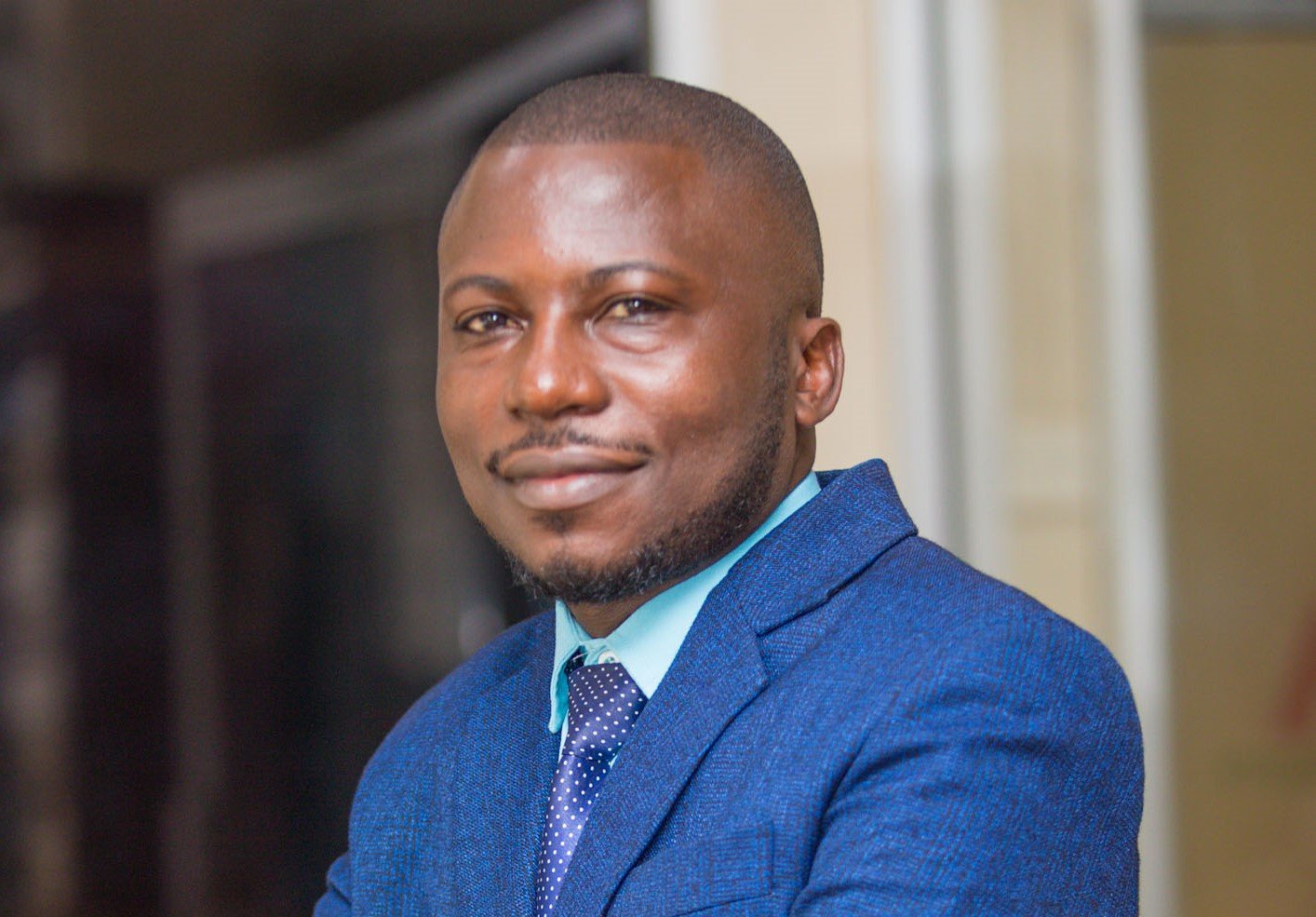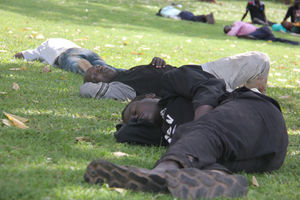
Author: Musaazi Namiti. PHOTO/COURTESY
Uganda marked its 62nd independence anniversary on Wednesday, and President Museveni tried, as he often does, to talk about the achievements of his government of 38 years. I think he impresses precious few people, and they happen to be individuals working closely with him.
Every government in this world has achievements, of course. Even governments in failed states talk about their achievements when the vast majority of the people see little or nothing on the ground.
What really matters is whether ordinary people are impressed with the progress. Are Ugandans really happy with the way things are in Uganda, with the progress Uganda has made since 1962?
Is there a large proportion of Ugandans, something like 70 percent, who are proud of their economic independence, apart from (for the most part) politicians and relatives and friends of those politicians?I have singled out economic independence because it means pretty much everything in life.
It means Ugandans have enough money to buy what they want to eat, to send their children to school, to consult a doctor or to replace a broken home appliance. How many Ugandans can do this on a sustainable basis?
Uganda, as I have previously written in this column, was almost at the same level of economic development as South Korea in the late 1950s and early 1960s.
Some dispute this, but former South Korean ambassador to Uganda Kim You-churl told Daily Monitor in an interview in 2018 that “South Korea, in fact, was behind Uganda in many aspects”.
He was speaking about his own country, so we have to take him seriously.What the ambassador said means Uganda was, in some ways, even ahead of South Korea. And what do we see today? South Korea does not only lend Uganda money it is also famous for making some of the best tech products and boasts GDP per person of $35,000 (Shs128m).
Uganda’s GDP per person is a laughable $1,081 (Shs3.9m), according to the Financial Year 2022/2023.Of course, Uganda has had a turbulent past as a result of civil wars and political instability. But it should be doing better.
There are things that do not work yet they should, given the fact that the country has been running its own affairs independently for 62 years.
Take, for example, electricity. We have been told about new power dams that are being constructed. We have been told generation capacity is 1,868MW, up from the 60MW in 1986. But entire suburbs in Kampala, the capital city, experience annoying blackouts. Sometimes even when there is power, it is not enough to power a 60-watt light bulb.
For the past seven years, the US embassy in Kampala has been publishing what it calls the Report to the Ugandan People, and the report says Washington spends almost $1 billion (Shs3.6 trillion) annually on Ugandan communities.
The money finances health and education projects, among other things. More than one million HIV-positive Ugandans receive US-funded antiretroviral treatment.
If the US were to stop this aid, the lives of people receiving antiretroviral treatment would be in danger because the Ugandan government cannot look after its people.
President Museveni and those with whom he leads Uganda may be proud of what they call achievements, but when you look objectively at what is on the ground, it is underwhelming.
If you are 62 and you are like Uganda, you must admit you have been a failure in life. There are no two ways about it.




